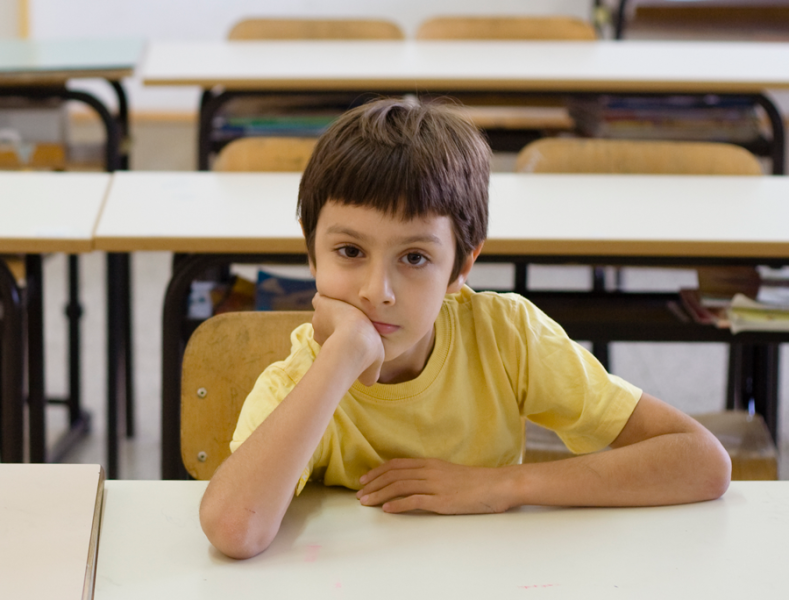Are BC schools fair when asking students to stay home? We’re investigating.
In December 2024, we started an investigation into how BC’s public K-12 schools decide to ask or tell students not to attend school. We’re looking into whether these decisions are fair for all students, especially those with diverse abilities who end up at home with little or no support or time with teachers and classmates.
Our investigation focuses on the roles and responsibilities of the Ministry of Education and school districts in making sure all students have meaningful access to education. Once we have completed the investigation, we will release a public report with recommendations to improve support for students with diverse learning needs.
We want to hear from you!
Please complete our questionnaire. It is confidential. It will take about 10 minutes.
Your input will help us understand what is happening in schools across BC.
We have received a tremendous response to this questionnaire, and we are learning a lot from families who are sharing their experiences with us.
We are looking for insight from a wide range of education workers, including teachers, educational assistants, principals and vice principals, speech and language pathologists, occupational therapists, psychologists, teachers of deaf and hard of hearing, physiotherapists, counsellors, nurses and other education professionals.
Our office recognizes the hard work of teachers, education assistants and other education professionals. We want to understand the challenges you face in delivering inclusive education.
We are investigating when and why BC public K-12 schools are asking or telling students not to come to school. We want to know if these decisions are fair for all students.
Students can be kept out of school in many ways. This can happen when schools formally suspend students or send them home for medical reasons under the School Act. But it can also happen when students are:
- asked to stay home/go home
- asked to leave early/arrive late/have shortened school days or modified schedules
- asked not to attend field trips or other school activities
- unable to attend school because of health/personal care support needs the school is unable to provide
- unable to attend school because of learning support needs the school is unable to provide
- not learning with the rest of their class
- isolated by themselves in the school, secluded and/or restrained
In some cases, these practices may be consistent with inclusive education. For example, a student may learn better at home because of their unique educational needs, or a school may be unable to accommodate a student in person because doing so would create undue hardship. Some students may be provided with equal access to education at home that is appropriate to their circumstances and needs. But in other cases, these practices might not be fair or consistent with inclusive education. We know that each student’s situation is different, and we want to hear about a wide range of experiences.
When we talk about “diverse abilities,” we mean students who have a wide range of needs, including:
- intellectual, physical, sensory, emotional or behavioural challenges
- learning disabilities
- exceptional gifts or talents
This definition comes from Ministerial Order 150/89.
We know that many of these students will have a Ministry-designated inclusive education category and an Individual Education Plan (IEP), but some will not.




